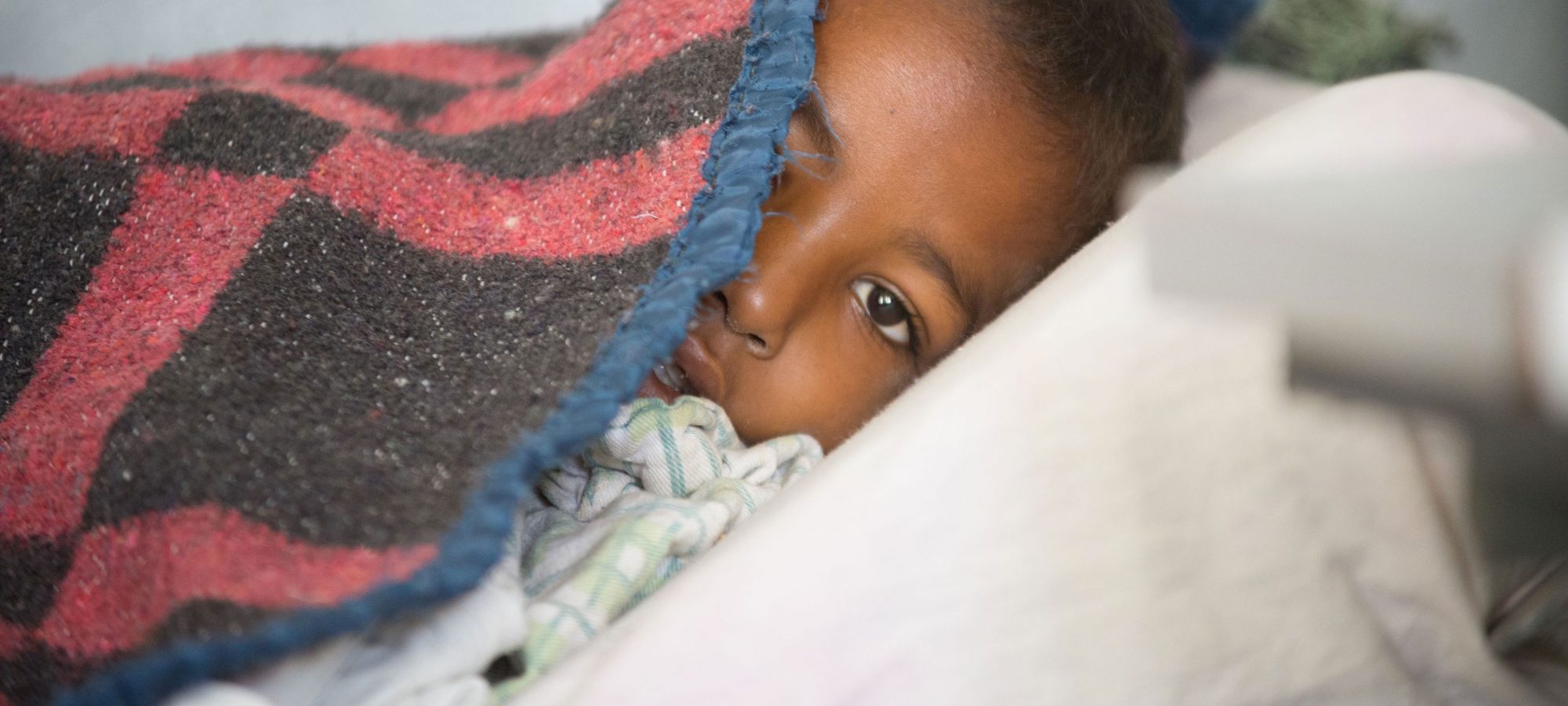Uganda’s highest disease burden is from child health conditions. In 2015, Malaria Consortium introduced the Integrated Community Case Management – Maternal and Child Survival (iCCM-MaCS) project, funded by Comic Relief, to reduce Uganda’s maternal and child health burden and to empower communities to take control of health issues within their communities.
As the project draws to a close this February, we take a look back at the success of the introduction of iCCM training for village health team members (VHTs) who, in turn, established village health clubs (VHCs) in the 14 districts where the project has been implemented.
The initial purpose of VHCs was to spread health messages and provide community-based primary healthcare, but in practice, they developed into groups that focus on resolving many community issues. When the project began, the VHCs looked to childhood illnesses, such as malaria, pneumonia and diarrhoea, as well as boosted uptake of antenatal care services. They have now evolved into an effectiveool that uses health as a gateway to broader empowerment, helping communities to realise their potential to contribute collectively to addressing and solving various day-to-day issues that arise.
Fred Rwaboona, Community Chairperson, from Kitenguleillage has seen the benefits of VHCs in his own community. He says:
“The village health club brings the community together as they have weekly meetings. This helps them do work as a team so that tasks that would have been done by one person in a week, can be done as a team and solved in a day.”
Village health teams have given village communities a platform to take charge of issues in their own communities. There are many examples of how village health team members have mobilised the community to work on different issues. Karugaba Agnes, nurse and VHT Coordinator in Nyankwanzi Subcounty, explains about how she has seen village health clubs help communities:
“Depending on the problems each village has, we teach them to handle the most urgent and biggest problem first as a community.
“I had Kyarugangma village, and when they had the meeting and went through their problems, they decided their main problem was water. Their water source was very far, so they organised themselves and reconstructed a water source and a road, which helped the community. They built a new water source nearby to reduce the distance that children and mothers had to travel to fetch water.
“Another problem was that we had an old lady who had many vulnerable children, orphans. She didn’t have a latrine, so the kids were always sick, sick, sick. So the community helped her to construct a very nice pit latrine.”
Ali Karim Bagyanyi, a VHT in Kitengule Village, explains his village health club’s plans to pool donations from community members, allowing them to develop a community emergency fund.
“We have a small amount of savings – a thousand shillings each per week – which we give to a community member who has a problem, to solve that problem. We are planning to have a fund for emergency money that we all contribute to, so if someone needs to be referred to a health facility, but they cannot afford transport, they can use that fund to pay for transport.
“In years back, we have not had the medicines we have needed, so we have seen it as a problem, so in the future if that happens and we have a case, we will use that VHC fund to pay for medicine.“
The introduction of village health clubs in the region by the project has eased the work of VHTs, giving them a platform to communicate essential community health messages, like net use, without needing to go to individual households. Village-owned clubs have provided a base for communities to continue enjoy the iCCM MaCS project gains and sustain them by themselves, even as the project has drawn to a close.
Watch our new film on the iCCM MaCS project below to learn more:
